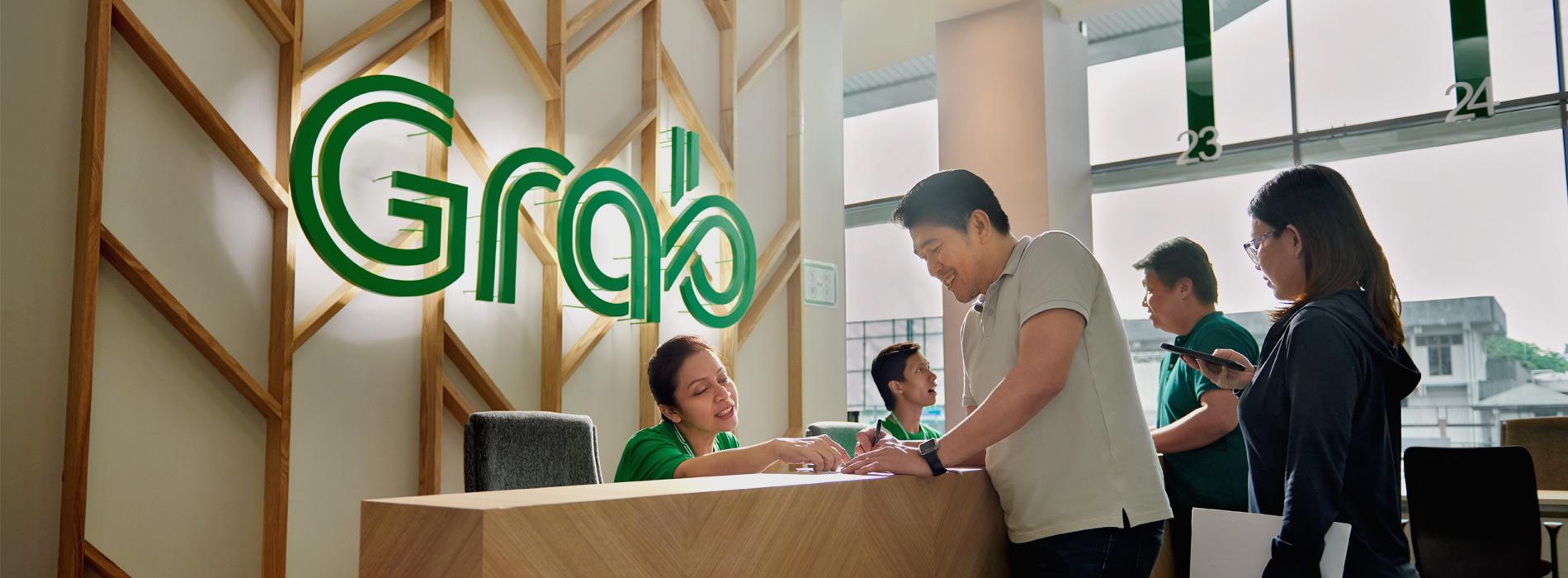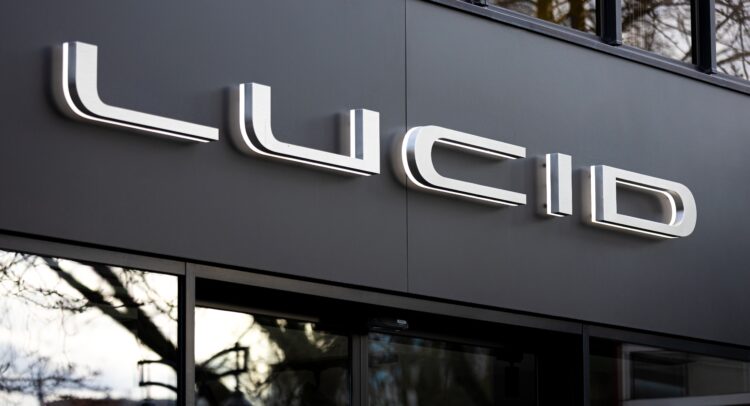Vietnam
-

Grab Announces A $988 Million Financial Loss In Q3 Due To A Drop In Ride-Hailing During Lockdowns
The Singapore unicorn expects its SPAC deal to finalize in Q4 of this year. Grab, the Southeast Asian unicorn reported a net loss of $988 million for the July-September quarter, increased from a loss of…
-
Vietnam to Asses Cryptocurrency Development Through Central Bank
Nikkei Asia reported that the government of Vietnam has assigned its central bank in the R&D of its very own blockchain-based digital currency. The policy came forth in Prime Minister Nguyen Xuan Phuc’s Decision 942, which outlined the…
-

1Mil US Dollar Raised by Docosan for Online Healthcare Services in Vietnam
Docosan, an online startup platform designed to connect patients to the right doctor 24/7 in Vietnam, has announced that it raised more than USD 1million in seed capital. AppWorks, a Taiwan-based technology venture company, led…





